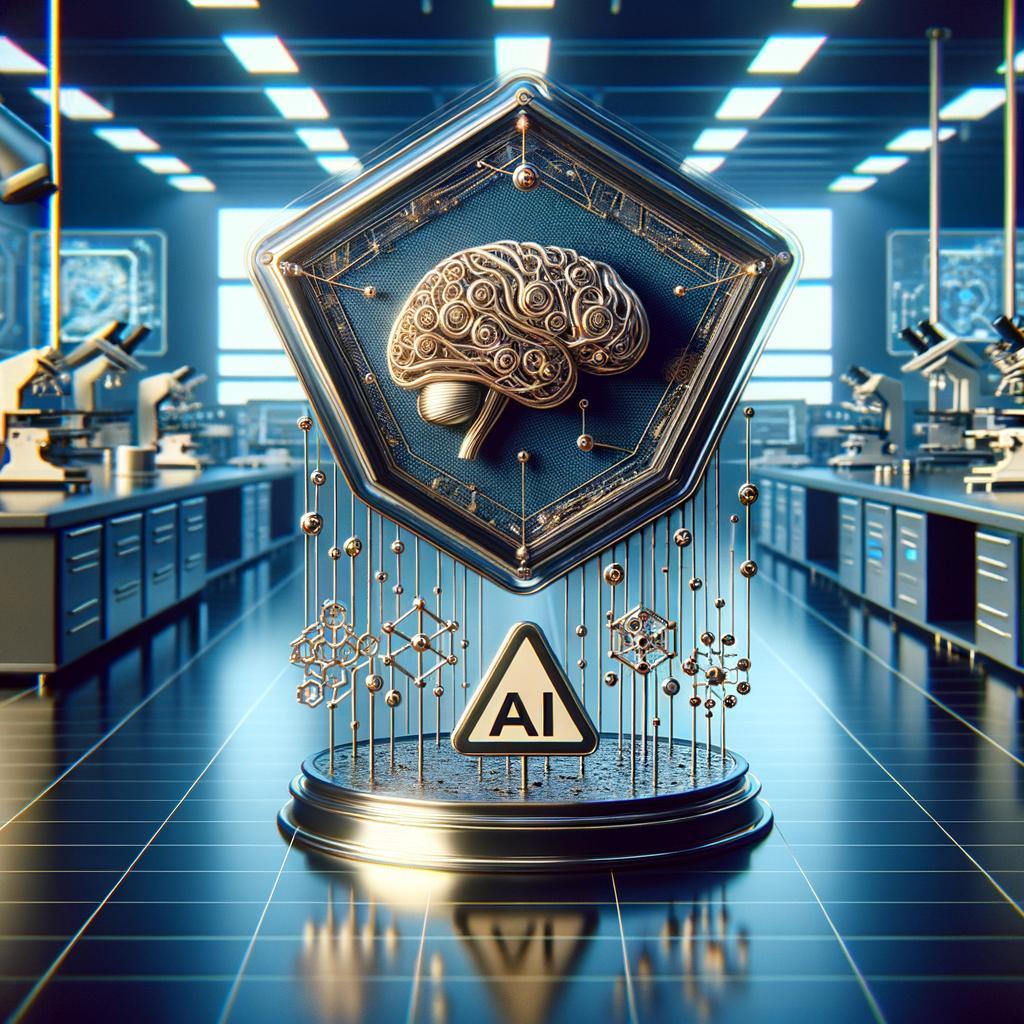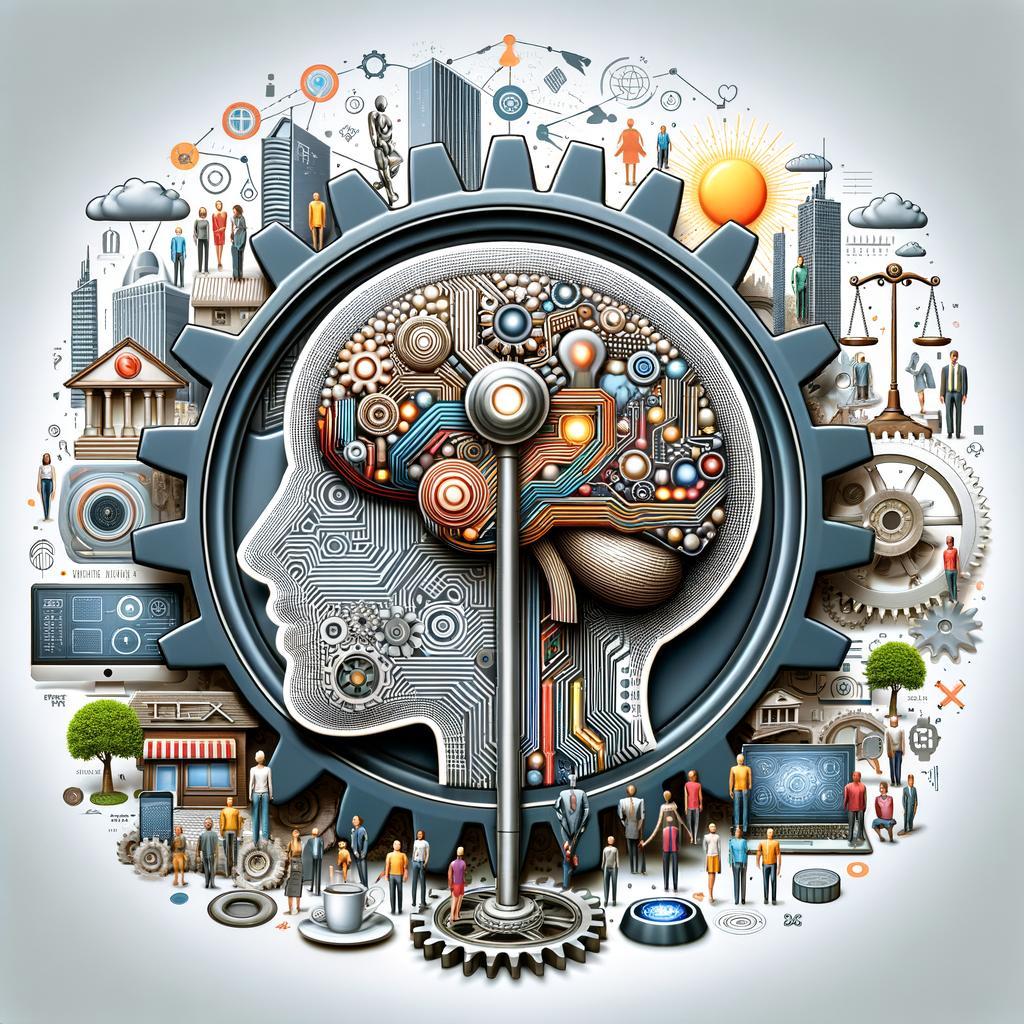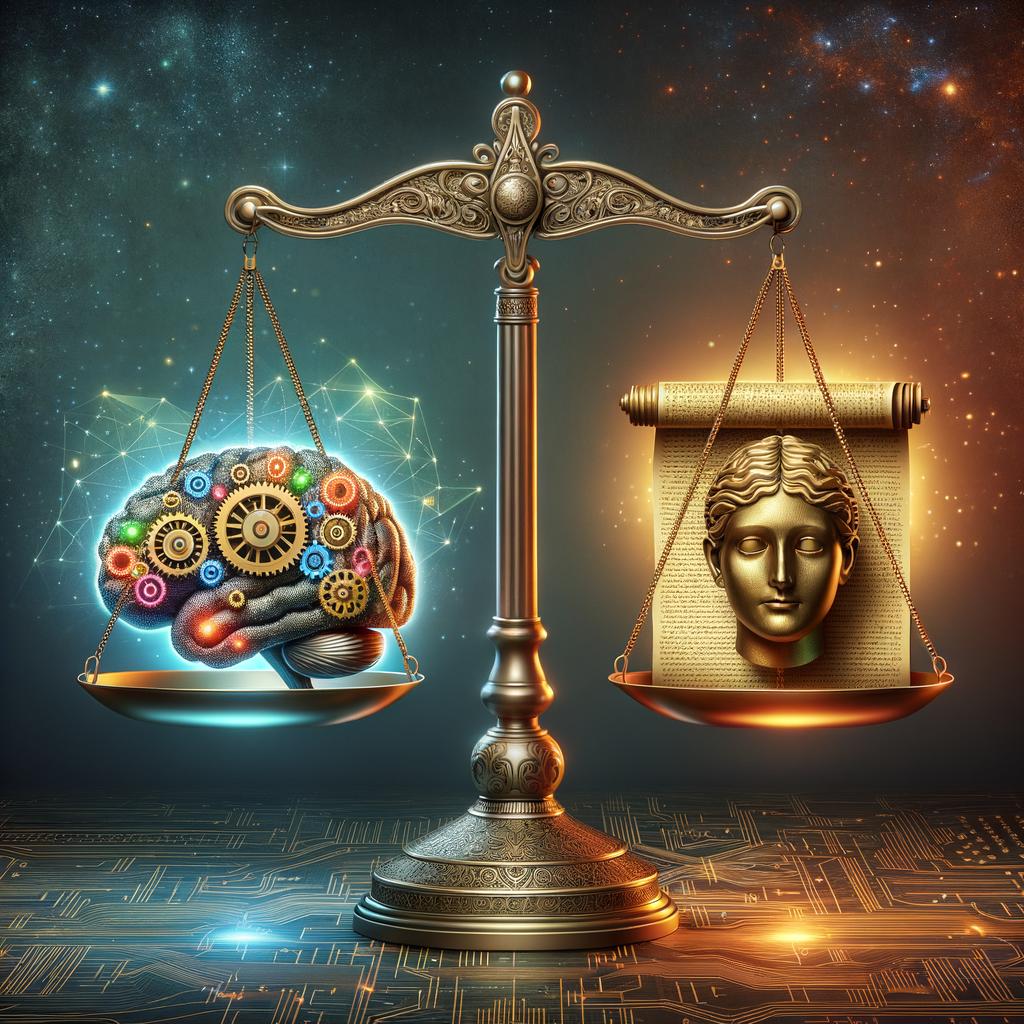In recent years, artificial intelligence (AI) has emerged from the realm of science fiction into our everyday lives, reshaping industries, enhancing efficiency, and transforming the way we interact with technology. From intelligent virtual assistants to predictive analytics, the advancements in AI are not just noteworthy; they are revolutionary. However, as we stand on the precipice of this technological evolution, it is imperative to approach these innovations with a discerning eye. While the potential benefits are staggering, the implications of unrestricted AI development raise critical ethical, social, and economic questions that demand our attention. In this article, we will explore the latest breakthroughs in AI, underscore the importance of embracing these advancements responsibly, and advocate for a balanced perspective that champions innovation while ensuring the safeguarding of our values and societal norms. Join us as we unpack the intricate landscape of AI advancements, urging a thoughtful dialogue that navigates the fine line between progress and prudence.
As technological advancements in artificial intelligence surge forward, it becomes essential to grasp the implications they hold for future generations. The potential benefits of AI are monumental, promising increased efficiency and enhanced quality of life in numerous sectors. Yet, alongside such promises lie significant risks that cannot be overlooked. Addressing ethical concerns, ensuring privacy, and mitigating job displacement are crucial elements to consider. Society is at a pivotal crossroads where careful deliberation and strategic planning can determine the trajectory of AI integration. Key considerations include:
- Establishing Ethical Guidelines: Developing frameworks that prioritize transparency and accountability.
- Encouraging Collaborative Regulation: Involving technology stakeholders, governments, and civil society in policy formulation.
- Investing in Workforce Transition Programs: Preparing current and future workers for the evolving job landscape created by AI innovations.
Moreover, it is imperative to foster a culture of innovation that simultaneously respects human rights and societal values. This dual approach can be enhanced through education that emphasizes critical thinking and ethical considerations in technology use. A proactive strategy combines insights from various disciplines to ensure sustainable AI adoption, leading to a balanced relationship between humanity and machines. Below is a summary of strategic approaches:
| Strategy | Description |
|---|---|
| Public Awareness Campaigns | Informing the public about AI advantages and risks. |
| Community Involvement | Engaging diverse voices in discussions surrounding AI deployment. |
| Research Funding | Supporting studies that analyze long-term impacts of AI. |
Concluding Remarks
As we conclude our exploration of AI advancements, it is clear that we stand on the precipice of a transformative era. The innovations stemming from artificial intelligence have the potential to redefine industries, enhance our daily lives, and solve complex challenges that have long persisted. However, with great power comes great responsibility. Embracing innovation with caution is not just advisable; it is essential.
As stakeholders—be they developers, businesses, or consumers—we must advocate for ethical practices, ensure transparency in AI systems, and prioritize the wellbeing of society. By fostering an environment that promotes responsible AI integration, we can cultivate a future where technology serves humanity, rather than complicates it. Let us embrace these advancements not with blind enthusiasm, but with an informed, vigilant mindset that recognizes the importance of balancing progress with meaningful oversight.
The journey ahead is one of promise and potential, but it is also a path that requires our active participation to steer AI towards beneficial outcomes. Together, we can harness the incredible power of artificial intelligence while safeguarding our values and fostering a sustainable future. Let us move forward with both excitement and caution, ready to shape an era that truly reflects the best of what innovation can offer.






